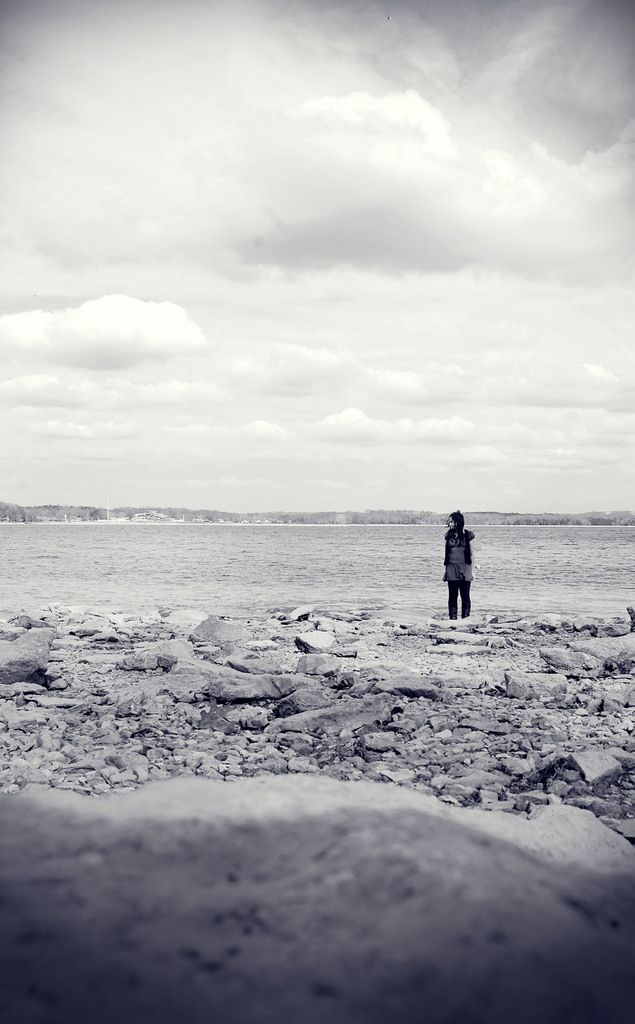Navigating Crowds: Dealing with Discomfort in Live Music Events
When festivals and concerts are your jam, but the massive crowd is not, you're not alone. Sensitive individuals like you may encounter moments of unease, anxiety, or stress amidst the sea of people – a feeling often known as claustrophobia. Gabriele Bringer, a respected psychologist in Berlin, shed some light on this common experience and shared some valuable insights on coping strategies.
What's at the root of claustrophobia amidst the crowd?
Gabriele Bringer explains, "Large events and festivals comprise an overwhelming amount of stimuli – noise, colors, smells. Even in these joyous moments, being surrounded by many people close together in a confined space can be inherently stressful."
This stress affects us differently. While some can shrug it off, others may experience a sensory overload. This overload may lead to claustrophobia, even in situations where the crowd isn't crushing. Incredibly, the thought of being enveloped by many people can provoke such unease.
Our current state of health also plays a crucial role. When we're drained or have pushed ourselves too hard in the days leading up to the event, our sensitivity to stress dramatically increases.
What should I do when I feel overwhelmed?
If you start to feel anxious, sweaty or have an accelerated heart rate, it's essential to manage these initial signs before they intensify and trigger a panic attack, making it difficult to think rationally.
BEGINNING WITH SELF-CALMING, you should focus on relaxation techniques that resonate with you. Conscious, deep breathing can help, or you could take a quick drink of water. Focusing on one person, perhaps a friend you're with, instead of muscle-heart-pounding awareness of the multitude of strangers, is another effective method.
Describing the situation to yourself can also help. For example, "I'm at this festival, I'm standing on the field, I'm feeling a bit claustrophobic." The idea is to clear your thoughts and assess your situation, considering whether you should stay or take a break.
I feel like a sponge soaked to the brim – how to combat the overload?
Before the event, prioritize your desires. Intend to see the acts that matter most, and be flexible about less important ones. Keep in mind that, in the heat of the moment, the temptation to wander is high. When your brain signals it can't absorb any more, reduce your exposure to stimuli by moving away from the crowd, finding tranquility away from the noise.
Accidentally finding refuge on the toilet or simply closing your eyes and centering on auditory stimuli can momentarily ease the burden of the overwhelming, packed space. In some cases, blasting some soothing tunes via headphones might also work wonders.
Gabriele Bringer is a renowned Diplom-Psychologist based in Berlin, dedicated to the fields of business and emergency psychology. As a member of the Association of German Psychologists (BDP), she offers valuable insights on managing anxiety during crowded events.
- The following strategies can help combat the overload experienced during large events: prioritizing the most important acts, being flexible about the rest, and reducing exposure to stimuli when needed by moving away from the crowd.
- By finding quieter, less crowded areas or temporarily closing your eyes, you can momentarily ease the burden of the overwhelming, packed space.
- In situations of claustrophobia amidst the crowd, focusing on relaxation techniques and self-calming methods, such as deep breathing or focusing on one person, can help manage initial signs of anxiety.4.our physical and mental health can greatly influence our reaction to the stress of large crowds. Ensuring we're well-rested and in good health can help reduce sensitivity to stress and the occurrence of claustrophobia.
- According to Gabriele Bringer, a respected psychologist in Berlin, the root of claustrophobia in crowded events lies in the overwhelming amount of stimuli, like noise, colors, and smells, which can cause sensory overload and stress even for those who find joy in such occasions.





